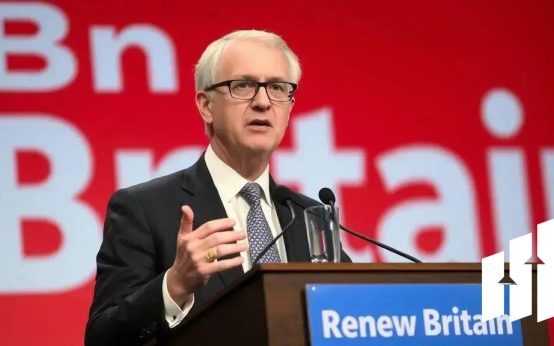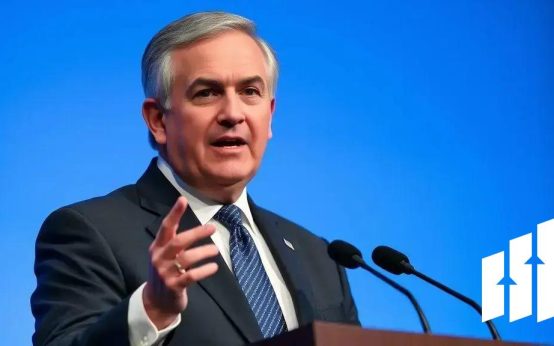The China-Russia energy deal represents a significant shift in global energy dynamics, fostering stronger economic ties while challenging U.S. influence. This partnership is crucial as both nations seek to secure energy independence and reduce reliance on Western powers. The implications for U.S. foreign policy and global energy markets could be profound, altering relationships between countries and prompting a reevaluation of energy strategies internationally.
China’s recent energy deal with Russia is a significant move in global geopolitics. This agreement changes how countries interact over energy. It’s not just about oil and gas; it’s about power and influence.
Why China and Russia?
China and Russia share a common interest. They both want to reduce reliance on Western countries. By collaborating on energy, they can strengthen their economies together. This benefits both nations, especially in a world where energy needs are growing.
The Strategic Importance of Energy
Energy is crucial for any country’s growth. With reliable energy supplies, countries can boost their economies and ensure stable development. Russia has vast energy resources, while China needs energy to fuel its expansion. This partnership is a win-win.
Impact on the U.S. and Its Allies
This deal could shift the balance of power globally. As China and Russia grow closer, the U.S. and its allies might face challenges in maintaining influence in the region. Countries that rely on U.S. energy might reconsider their ties if they see better deals elsewhere.
Future Projections
The future looks interesting. If this partnership continues, we could see more countries looking to work with Russia and China. This may lead to more competitive energy markets. Understanding this shift is vital for anyone interested in global politics and business.
Watching how the U.S. responds to these changes is crucial. Will it adjust its energy policies? How will this affect its relationships with other countries? The answers to these questions will shape the coming years in energy politics.
Conclusion
In conclusion, the energy deal between China and Russia marks a turning point in global politics. This partnership not only benefits both nations economically but also shifts the balance of power internationally. As these two countries grow closer, the United States and its allies may face new challenges.
Understanding these changes is important for anyone interested in energy and politics. The ripple effects of this agreement can influence global markets and international relations. Keeping an eye on how these dynamics evolve will be crucial for predicting future energy trends.
In the end, recognizing the significance of energy partnerships will help us comprehend the broader picture of geopolitical strategies. As the world changes, so must our understanding of its energy landscape.
FAQ – Frequently Asked Questions about China’s Energy Deal with Russia
What is the main focus of the China-Russia energy deal?
The deal focuses on strengthening economic ties through energy cooperation, which allows both nations to reduce reliance on Western sources.
How does this agreement affect global energy dynamics?
It could shift the balance of power, encouraging other countries to reconsider their energy partnerships and strategies.
Why is energy cooperation between these countries important?
Energy is vital for national growth. This partnership supports economic development for both China and Russia.
What challenges might the U.S. face due to this deal?
The U.S. may find it harder to maintain its influence in global energy markets and could need to revise its policies.
How could this deal impact relationships with U.S. allies?
Allies might look for better energy deals, which could strain relationships if they start prioritizing ties with China and Russia.
What should we watch for in the future regarding this agreement?
Keep an eye on how this partnership evolves and how it affects global energy markets and U.S. foreign policy.


 Miran Highlights Dual Goals of Fed and Interest Rate Outlook
Miran Highlights Dual Goals of Fed and Interest Rate Outlook  Are You a Robot? Unusual Activity Detected on Bloomberg
Are You a Robot? Unusual Activity Detected on Bloomberg  Keir Starmer Leads Business Delegation to India for Trade Pact
Keir Starmer Leads Business Delegation to India for Trade Pact  Takaichi Appoints Ex-Finance Minister as Secretary General of LDP
Takaichi Appoints Ex-Finance Minister as Secretary General of LDP  Argentina Continues Dollar Sales Amid Weakened Peso Crisis
Argentina Continues Dollar Sales Amid Weakened Peso Crisis  White House Calls on Democrats to Resolve Ongoing Government Shutdown
White House Calls on Democrats to Resolve Ongoing Government Shutdown